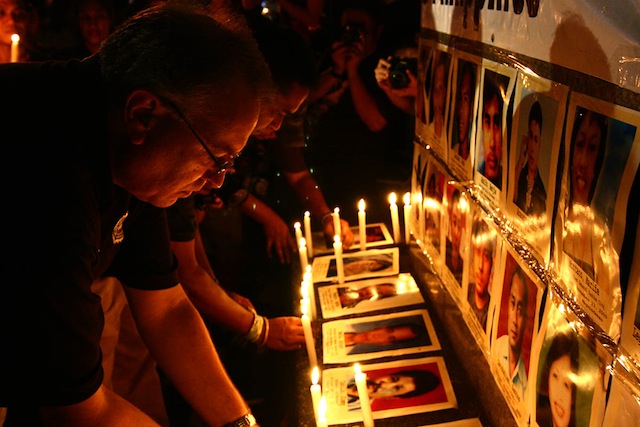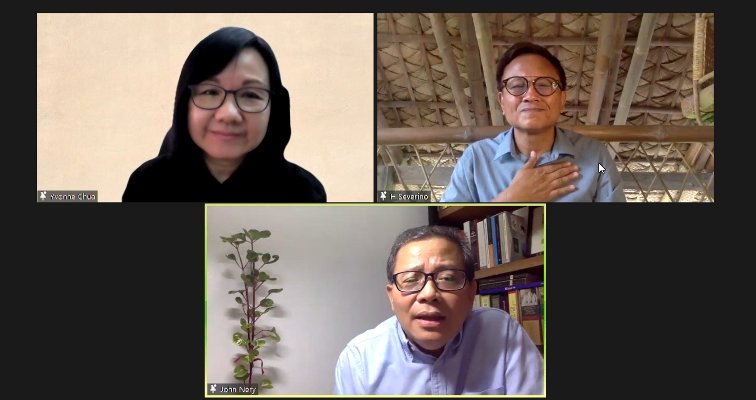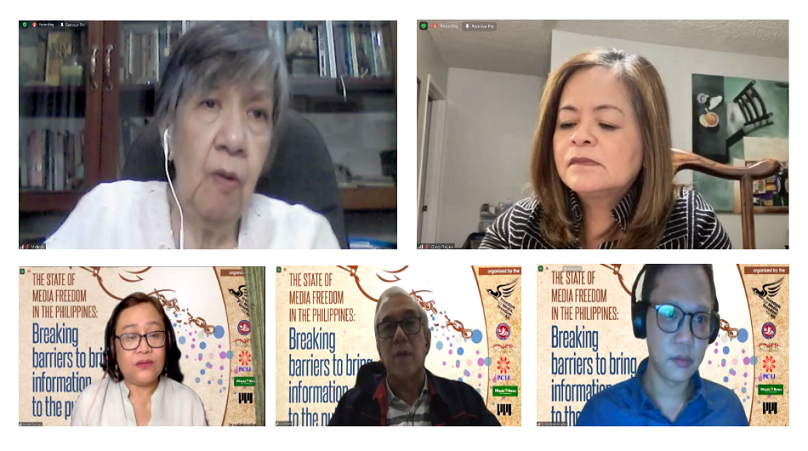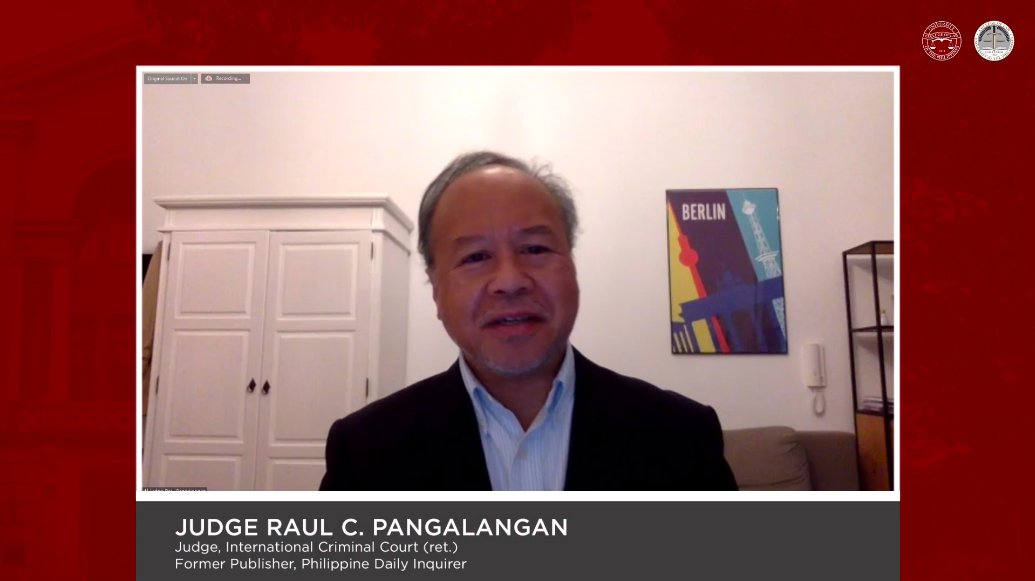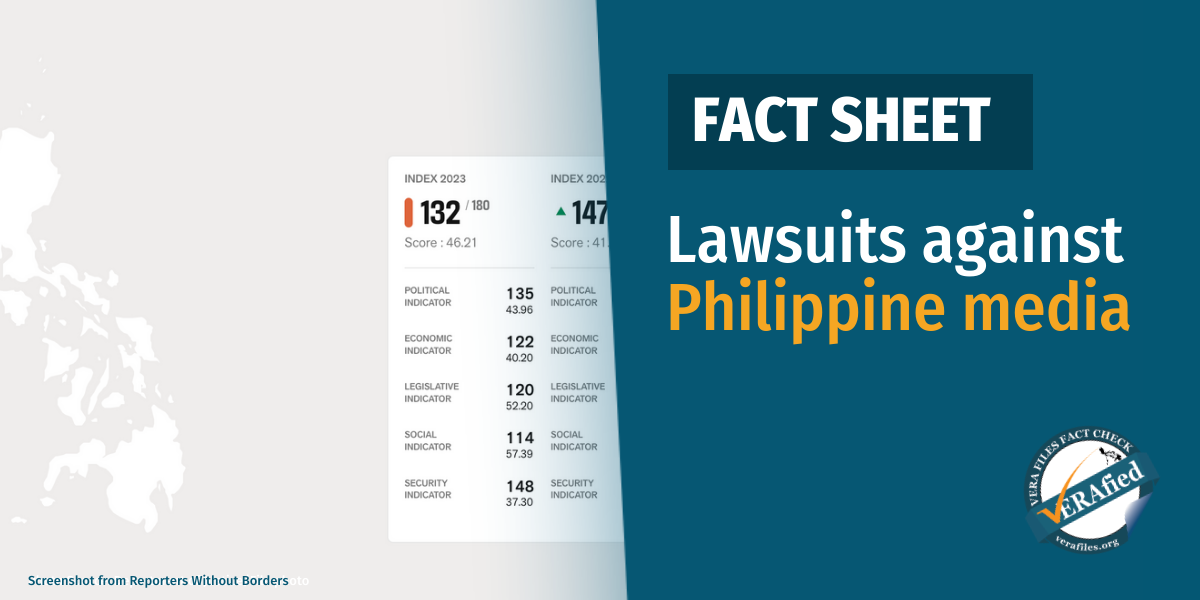By MARK PERE MADRONA
THE unsolved and unpunished killings of media people in past years have kept the Philippines in third place for the fourth straight year among countries listed as the most dangerous in the world for journalists.
The dubious distinction appears in the 2013 impunity index of the New York-based press freedom watchdog Committee to Protect Journalists which noted that 55 journalist murders have gone unsolved in the past decade despite President Benigno Aquino III’s vow to end impunity.
Released a day before the World Press Freedom Day, this year’s CPJ impunity index includes twelve countries. The Impunity Index features countries “where journalists are murdered regularly and governments fail to solve the crimes.”
The 2013 index covers unsolved media killings that happened from January 1, 2003 to December 31, 2012.
“Only nations with five or more unsolved cases are listed. Cases are considered unsolved when no convictions have been won,” the CPJ explained.
The 2009 Maguindanao massacre, which left 58 people dead, including 32 journalists and media workers, still figures prominently in the Philippines’ press freedom record.

The CPJ noted that local authorities “are yet to make headway” in the prosecution of dozens of suspects linked in the 2009 Maguindanao massacre. The group has previously described the crime as the “deadliest single attack on the press in history.”
The global impunity index is obtained by calculating the number of unsolved journalist murders as a percentage of each country’s population. With its population of nearly 95 million, the Philippines has an impunity index rating of 0.58 unsolved journalist murders per million inhabitants.
Only two nations, Iraq and Somalia, have worse impunity records than the Philippines. The CPJ noted that the Iraq government has not been able to solve any of the 93 journalist killings that happened there since 2003. Somalia, for its part, had its deadliest year for journalists in 2012 when twelve media practitioners were murdered in connection to their work.
The group pointed out that the lack of protection is a major hurdle in addressing impunity, citing as an example the three witnesses in the Maguindanao case that have been murdered in connection with the trial.
Another high-profile case cited in the CPJ report is the 2011 murder of Palawan-based radio broadcaster Gerry Ortega. Despite the early progress made regarding its investigation, the case suffered a setback when a major witness was killed in jail early this year.
Former Palawan governor Joel Reyes, earlier pinpointed as the mastermind in the Ortega killing, has been cleared by the Court of Appeals last March although he remains in the wanted list of Interpol. Two employees of the Bureau of Immigration were fired for allegedly helping Reyes and his brother sneak out of the country despite a lookout bulletin against them.
According to the CPJ, the Ortega murder case reflects “the politically inspired nature of the large majority of Philippine media killings” as well as the “general breakdown in the rule of law that has allowed the killings to continue.”
The CPJ pointed out that ten of the twelve countries on the Impunity Index, the Philippines included, have been listed each year since they began making the annual report in 2008. This, the CPJ says, “highlights the challenges in reversing entrenched impunity and high rates of anti-press violence.”

The annual Impunity Index is part of the CPJ’s Global Campaign Against Impunity initiative. The project is supported by the Adessium Foundation, the John S. and James L. Knight Foundation, and the Open Society Foundations.
The findings of the CPJ echoes what other international organizations have said about the press freedom situation in the Philippines. In its World Report 2013, Human Rights Watch noted that the killings and harassment of journalists have persisted midway through President Aquino’s term, adding that some media practitioners have been physically assaulted “by men allegedly working for local politicians.”
Meanwhile, the Philippines fell from 140th to 147th in Reporters Without Borders’ 2013 World Press Freedom Index. The country is ranked slightly higher than Singapore (149th), Iraq (150th), and Myanmar (151st) though it trails its Southeast Asian neighbors Thailand (135th), Indonesia (139th), and Malaysia (145th).
